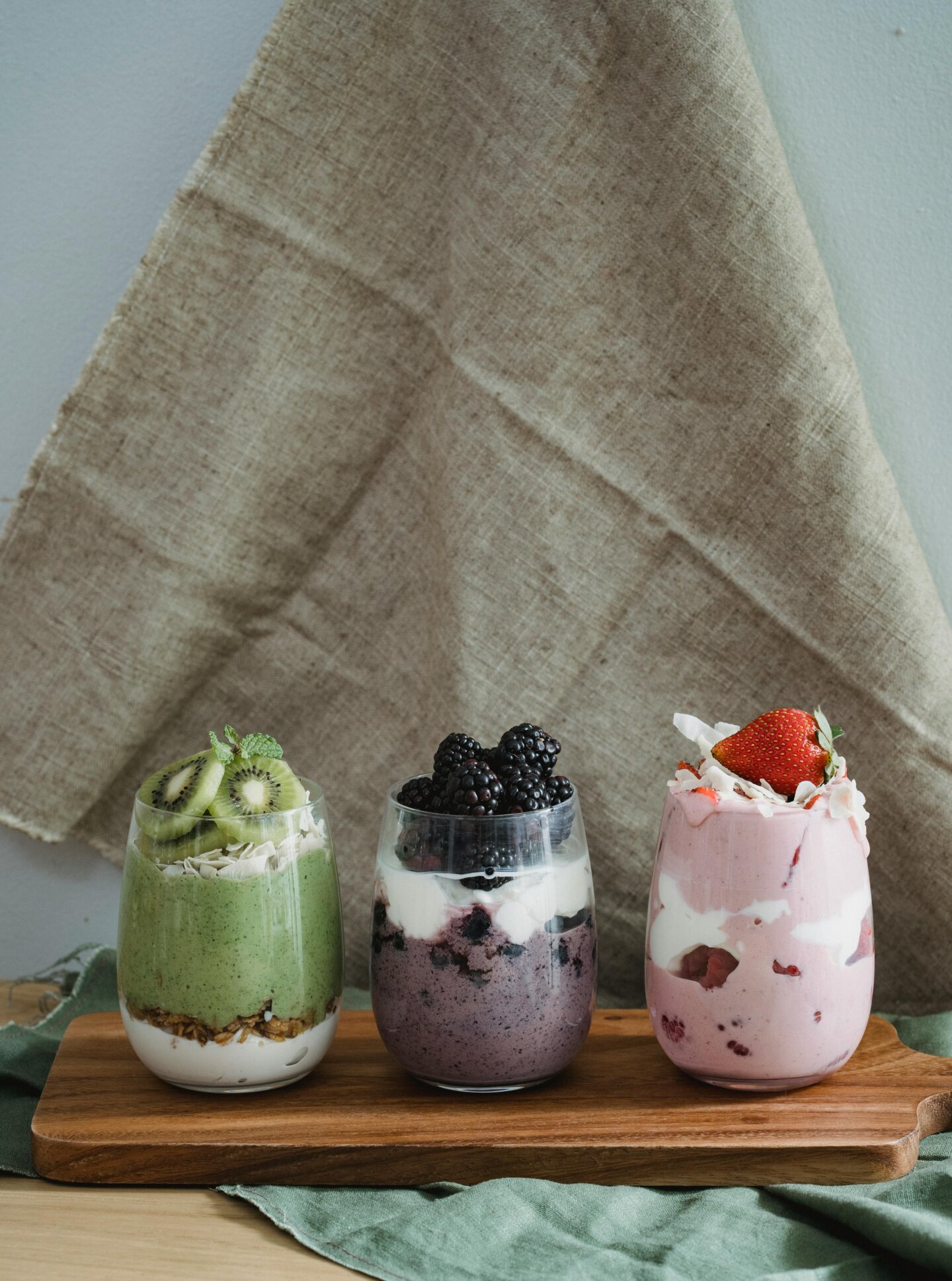
If you’ve ever taken probiotics and wondered why they don’t seem to stick around in your gut, you’re not alone. Many people believe that simply popping a probiotic pill will magically fix their digestive issues. But the truth is more complex. Understanding why probiotics don’t colonize and how to effectively rebuild your gut microbiome can empower you on your journey to better health.
The Myth of Probiotic Colonization
First, let’s clarify a common misconception. Probiotics are live microorganisms that provide health benefits when consumed. However, they don’t necessarily take up permanent residence in your gut. Instead, most probiotics pass through your digestive system without settling down. This is because the gut is already home to trillions of bacteria, both good and bad. Introducing new strains can be like adding guests to a crowded house—they might visit but not stay.
Why Probiotics Struggle to Stick
- Existing Gut Flora: Your gut is like a bustling city filled with various bacteria. When you introduce probiotics, they face competition from the established residents. If your gut is already balanced, there may not be enough room for newcomers to set up shop.
- Diet and Lifestyle: What you eat and how you live greatly affect your gut health. A diet high in processed foods, sugar, and unhealthy fats can disrupt the balance of gut bacteria. Even if you take probiotics, if your diet is lacking, the new bacteria might struggle to thrive.
- Digestive Environment: The stomach’s acidic environment acts as a barrier. Many probiotic strains are sensitive to stomach acid, making it difficult for them to reach the intestines alive. If they don’t survive the journey, they can’t colonize.
Rebuilding Your Gut Microbiome
So, how can you effectively support your gut health and rebuild your microbiome? Here are some actionable steps to consider:
Focus on Whole Foods
Eating a diverse array of whole foods is essential. Fresh fruits, vegetables, whole grains, lean proteins, and healthy fats provide the nutrients your gut needs to thrive. Fiber-rich foods, like beans and leafy greens, serve as food for beneficial bacteria. This creates a welcoming environment for good microbes.
Incorporate Fermented Foods
Fermented foods like yogurt, kimchi, sauerkraut, and kefir are natural sources of probiotics. They can help introduce beneficial bacteria into your gut. Try adding these to your diet regularly to boost your microbiome naturally.
Limit Processed Foods
Reducing your intake of processed foods can significantly benefit your gut health. These foods often contain additives and preservatives that can harm beneficial bacteria. Instead, opt for fresh, whole ingredients whenever possible.
Consider Prebiotics
Prebiotics are dietary fibers that feed the good bacteria in your gut. Foods like garlic, onions, bananas, and asparagus are excellent sources. Including them in your meals helps nourish your existing gut flora, allowing them to flourish.
Stay Hydrated
Don’t underestimate the power of hydration. Drinking plenty of water helps maintain the mucosal lining of the intestines. It also aids in the digestion and absorption of nutrients, supporting a healthy gut.
Manage Stress
Stress can wreak havoc on your gut health. Practices like yoga, meditation, and mindfulness can help reduce stress levels. When you manage stress effectively, you create a more favorable environment for beneficial bacteria.
Regular Exercise
Physical activity can improve gut health by promoting regular bowel movements and reducing inflammation. Aim for at least 150 minutes of moderate exercise each week to reap the benefits.
Final Thoughts
Rebuilding your gut microbiome is a journey, not an overnight fix. While probiotics can play a role, they’re not a one-size-fits-all solution. Instead, focus on creating a balanced and nourishing environment for your gut flora.
By prioritizing whole foods, incorporating fermented options, and managing your lifestyle, you can support your gut health effectively. Remember, your gut is a vital part of your overall well-being. Empower yourself with knowledge and take proactive steps toward a healthier you!
For more insights and support on your wellness journey, explore how The Wellbeing Agent can help you achieve optimal gut health.
Navigate next to view The Wellbeing Agent CGM programs, made to give you insights to your health!
